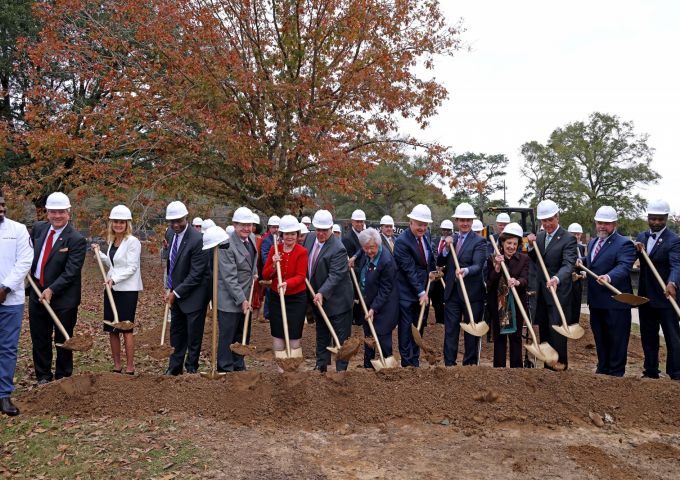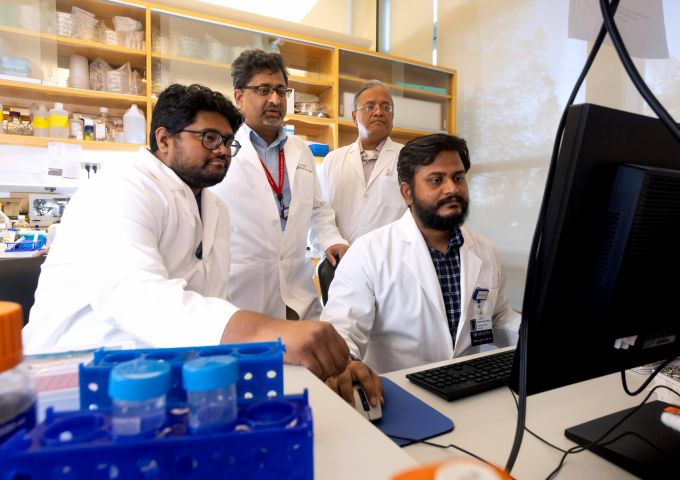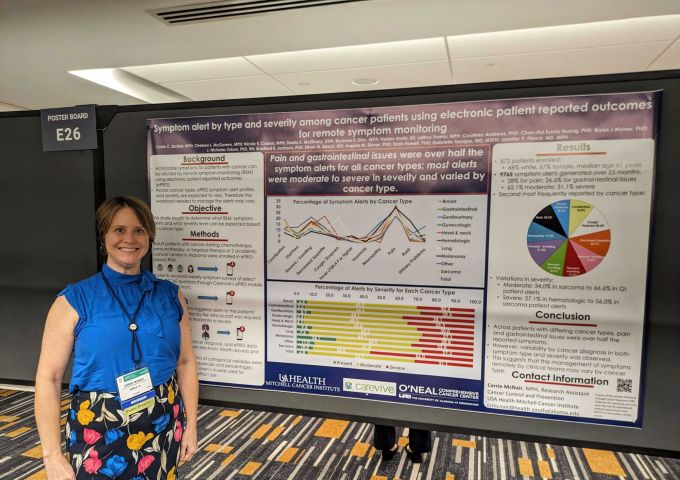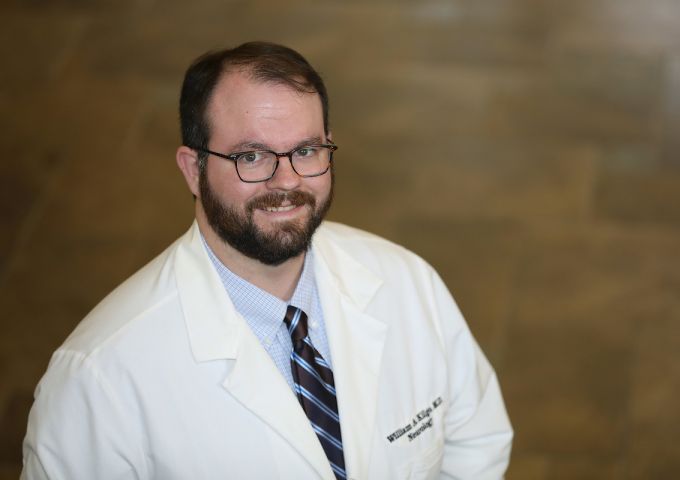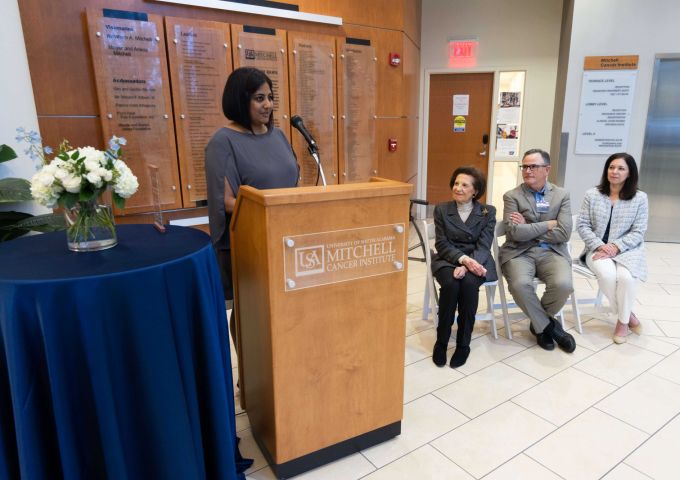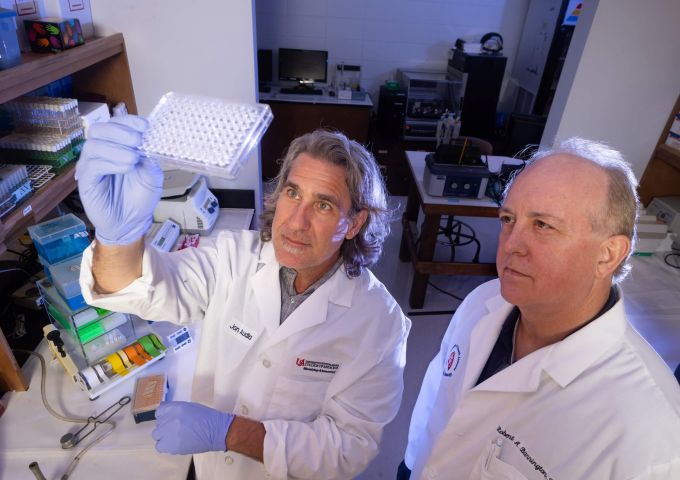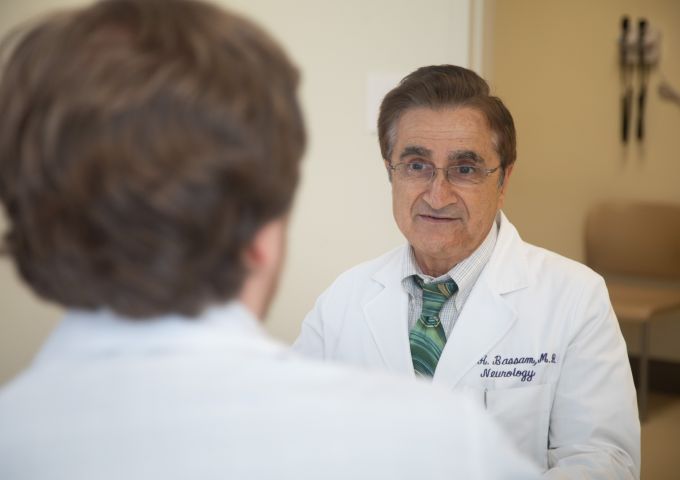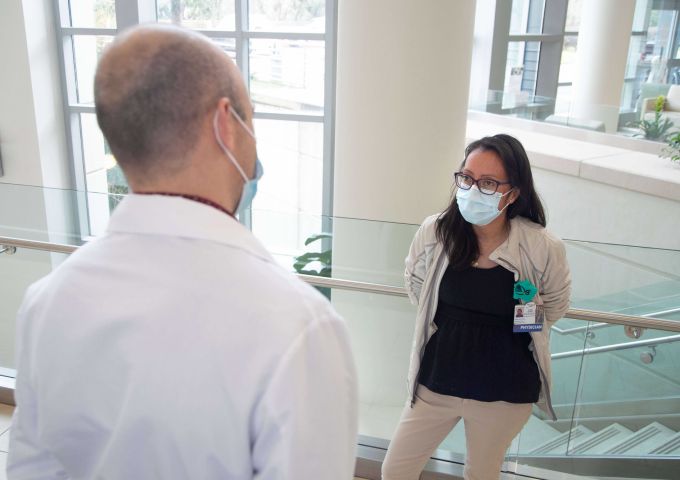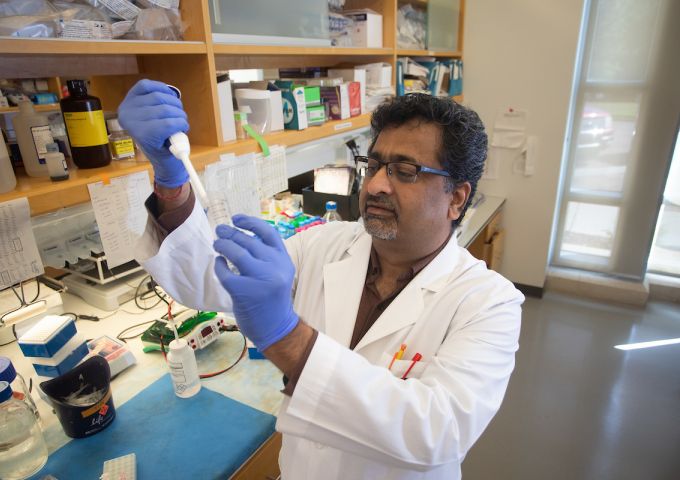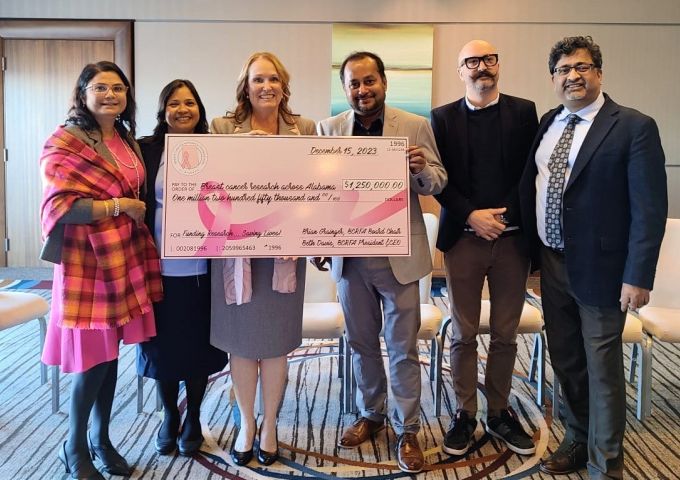
The highly competitive grants provide each investigator $100,000 in funding over a two-year period.

The latest edition of USA Health magazine, featuring patient stories and news from all facets of the academic health system, is online.
Stay up to date on the latest news from our providers, facilities and researchers at USA Health.
The highly competitive grants provide each investigator $100,000 in funding over a two-year period.
The new Whiddon College of Medicine building will provide state-of-the-art laboratory spaces that will create flexibility and efficiency for research today and in the future. It will also allow for expanding the class size of first-year medical students from 80 to 100, with the capability of increasing to 120 in the future, at the same time the nation faces a projected shortage of healthcare providers.
“The broader vision and mission of our study is to develop a minimally invasive blood test kit for early diagnostics, monitoring, and guiding therapeutic planning of triple-negative breast cancer patients.”
Mitchell Cancer Institute researchers analyzed the impact of remote symptom monitoring for cancer patients.
William Kilgo, M.D., applied the test to a diverse group of patients to determine the feasibility of its real-world application and concluded it is a reliable indicator of disease activity.
Jennifer Young Pierce, M.D., M.P.H., FACOG, is the director of the Division of Cancer Control and Prevention at the USA Health Mitchell Cancer Institute, where she conducts research in cancer care delivery and supportive care for cancer patients and survivors, and is a principal investigator on grants totaling $1.3 million.
The Mayer Mitchell Award for Excellence in Cancer Research was established in 2009 by USA trustee Arlene Mitchell in memory of her late husband, Mayer Mitchell, a formative figure in the establishment of the Mitchell Cancer Institute.
Data suggests many women experience negative effects from menopausal symptoms and often do not know how to seek support in the workplace – or they remain silent, fearing they will be stigmatized.
This research has the potential to cast light on mechanisms underlying the long-term health problems faced by patients' post-recovery from intensive care unit stays.
Bassam Bassam, M.D., says direct care of patients with neuromuscular diseases is the best way to understand illnesses, motivate research, and advance the field of neurological medicine, while training future neurologists in academic and clinical settings.
“Expanding the fellowship program to include hematology training will grow the fellows’ capability and opportunities for job placement after graduation,” said Omar Alkharabsheh, M.D.
“To address race-associated prostate cancer disparities, it is important first to understand how tumors from different races differ in their biology and molecular landscape,” said Ajay Singh, Ph.D.
